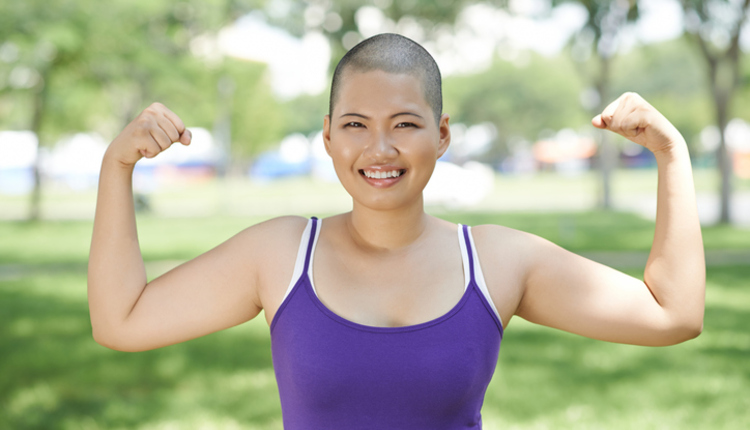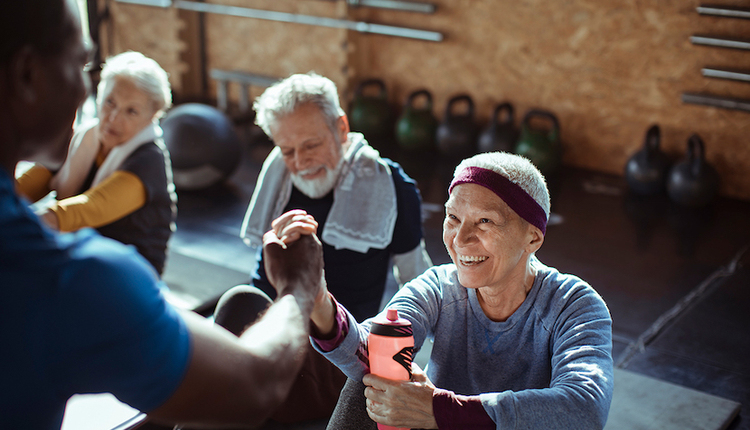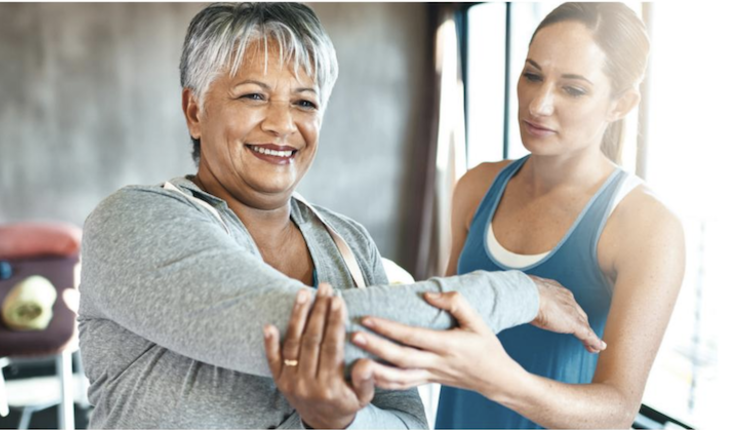
Since the first cancer exercise programs surfaced in the mid-nineties, several organizations have realized the importance, as well as profitability, of adding cancer specialty training and certifications to their course offerings. According to the American Cancer Society, in 2017, there will be an estimated 1,688,780 new cancer cases diagnosed in the U.S. As of January 2016, it is estimated that there are 15.5 million cancer survivors in the United States. This represents 4.8% of the population. The number of cancer survivors is projected to increase by 31%, to 20.3 million, by 2026, which represents an increase of more than 4 million survivors in 10 years. The number of cancer survivors is projected to grow to 26.1 million by 2040, an increase of almost 11 million from 2016. This can be looked at in one of two ways; 1) as a tragedy and 2) as an opportunity for fitness professionals to get educated with the proper training, make a huge difference in the quality of a cancer patients/survivors’ lives, and increase your client base.
Take advantage of this trend and help it grow your business or career
Anyone can claim to have personal experience, or even a personal story, but that does not make them an expert on the subject matter. There are dozens of major types of cancer; not to mention the treatment combinations, frequency, duration and variable side-effects both acute and chronic. There is no shortcut with this one. Not getting the proper training not only puts you in a position to actually do harm to a patient, it opens you up for a negligence lawsuit, as well. How can you avoid this? Get proper training. There are several certifications available, each offering slightly different programming. Some are more scientific in nature, with very little practical application, while others have the science and citations behind them, but offer more of a hands-on, practical application perspective. Different certifications also have different prerequisites; some of which may be prohibitive to many fitness professionals. Lastly, some offer live workshops, live webinars and/or home study options – you can choose which works the best as far as time, travel, cost, etc. The most important thing is to be able to turn your knowledge into practice, and your understanding of the subject matter. This is complex, in-depth, and cannot be rushed.
What type of fitness professional should consider becoming a cancer specialist?
Different organizations that offer these certifications will have their own set of prerequisites and may exclude certain professionals. A solid program should be able to be interpreted by any practitioner – yoga instructor, Pilates instructor, aquatics instructor, group exercise instructor, personal trainer, exercise physiologist, etc. – and modified to include whatever their specialty modality is. For example, a yoga instructor, once he or she understands that their client needs to increase shoulder flexion, can choose a yoga pose that will increase shoulder flexion and strengthen the muscles involved in the movement. If someone is limited in flexibility due to scar tissue, the movement should remain fluid, trying to increase the range of motion to desired range. If it’s more of a function of strength, holding the pose will be appropriate. You can take this scenario and apply it to any of the previous practitioners.
Questions to ask yourself if considering becoming a cancer specialist:
Am I open to learning some very heavy and sometimes overwhelming information? Am I empathetic and compassionate? (If not, this is not the population for you.) Am I patient? Am I willing to forgo my cancellation policy while a client is undergoing treatment? (If your answer is ‘no,’ again, this is not the population for you.) On the other hand, if you are willing to put in the work and share your love of fitness with your desire to positively change someone’s life, this is the most rewarding work you may ever do – more than helping someone lose weight or build muscle, more than competing in a marathon or getting ripped, more than helping someone to get a six-pack. Cancer strips people of everything: their financial security, sometimes their jobs, sometimes their relationships, their self-esteem, self-confidence, strength, hair, body parts, etc. Cancer patients are often overwhelmed with the choices that they must make and feel that they have no control of their life or their body. You can help them and show them how to take control again, even if it is only helping them to be able to reach into a cupboard, or brush their own hair. This gift is immeasurable. It is rewarding for the both of you!
Recommended resources:
American College of Sports Medicine, Rocky Mountain Cancer Institute, Pink Ribbon Pilates, and Cancer Exercise Training Institute. They all offer different training, some focusing on only one cancer and others being more comprehensive and all-inclusive. Prerequisites, format, content and testing all vary tremendously. It is safe to say that those who have been offering this type of training for 20-plus years have the best and most comprehensive coursework as well as the experience of having training thousands of fitness professionals globally.
Andrea Leonard is the President and Founder of the Cancer Exercise Training Institute and a pioneer in the field of exercise oncology. She received her BA from the University of Maryland and has been certified as a personal trainer, corrective exercise specialist, special populations expert, and performance enhancement specialist. Since 1996, Andrea has written 14 books on exercise for cancer survivors, produced countless videos, and has trained thousands of fitness professionals worldwide to become cancer exercise specialists. www.thecancerspecialist.com




















